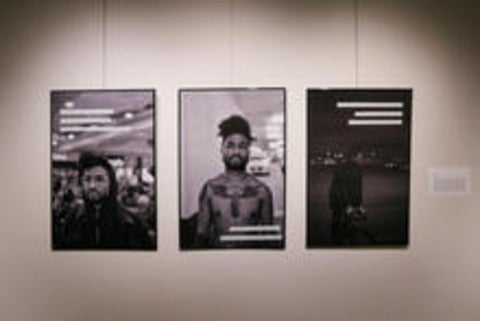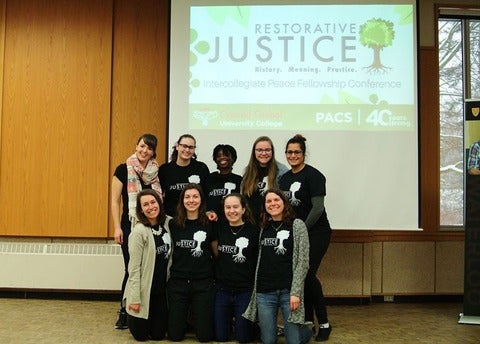Student Profile: Ryan Bromley
Ryan Bromley is a 3A Arts and Business student with a Peace and Conflict Studies (PACS) major. Ryan was a fall 2021 Enterprise Co-op pitch winner. Enterprise Co-op (E Co-op) is a co-op pathway that allows students to pursue an entrepreneurial co-op option in which students start their businesses while earning a co-op credit. Ryan’s original pitch was to create a “Peace to co-op” business that would teach university students critical personal and professional skills related to PACS. Throughout the work term, Ryan displayed incredible flexibility, drive, and vision in his journey through the term as he worked towards a dream that extends beyond the four months of the co-op.



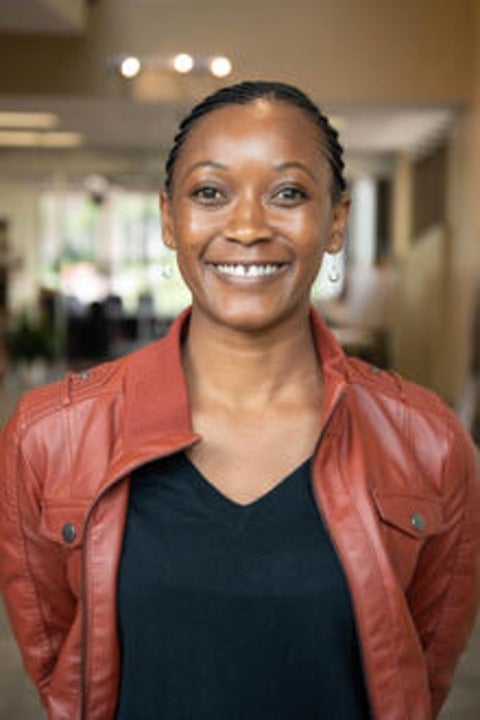
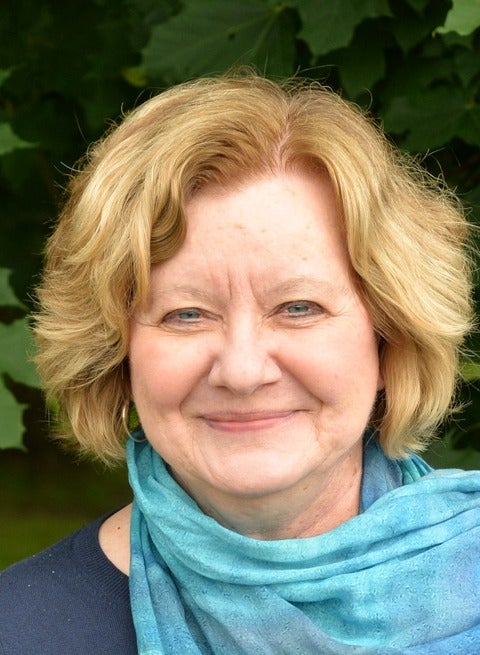
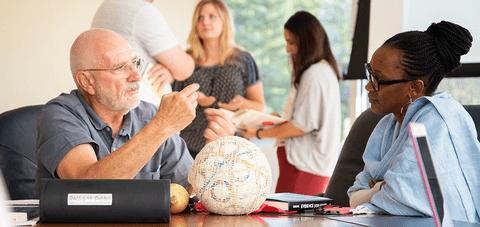
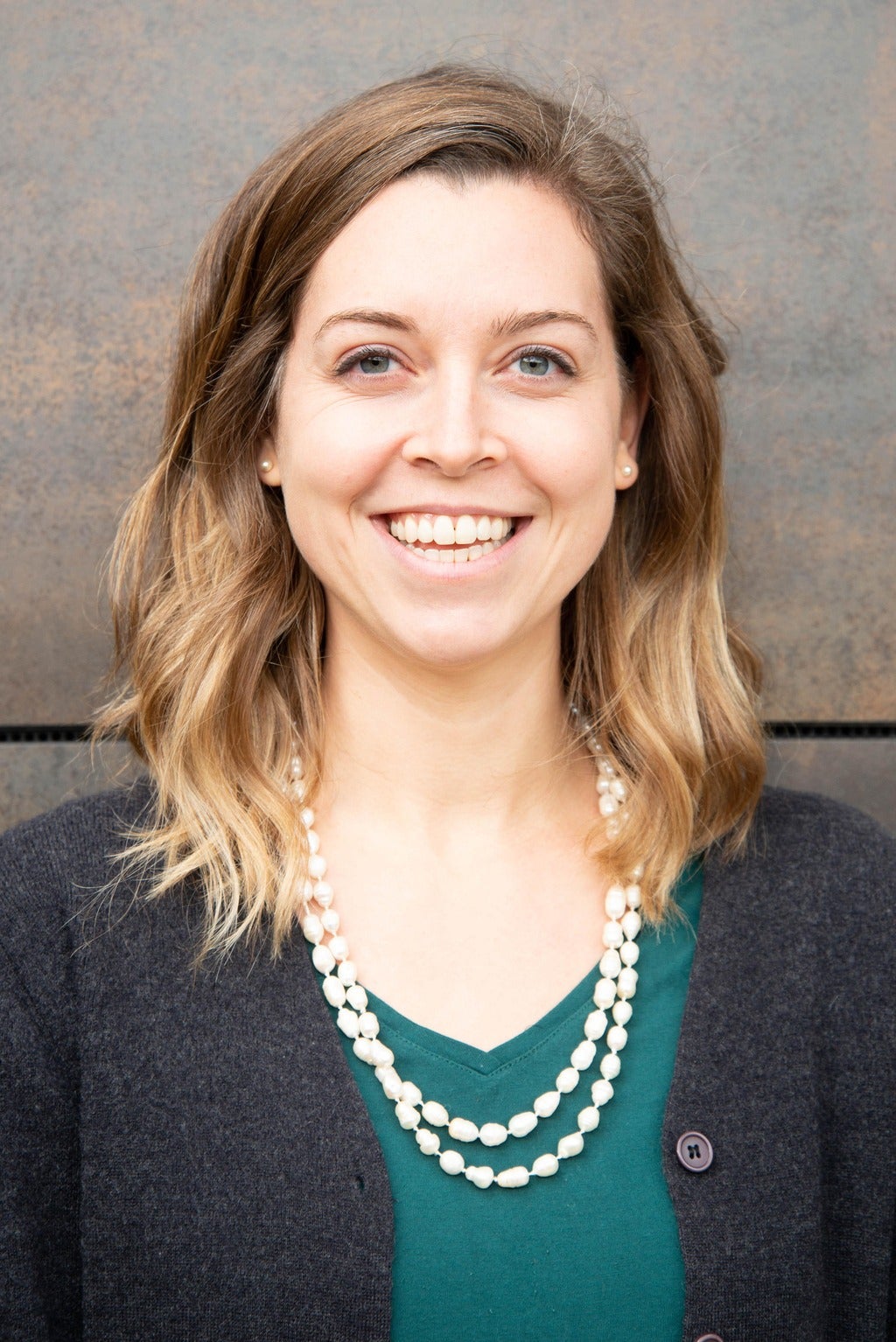
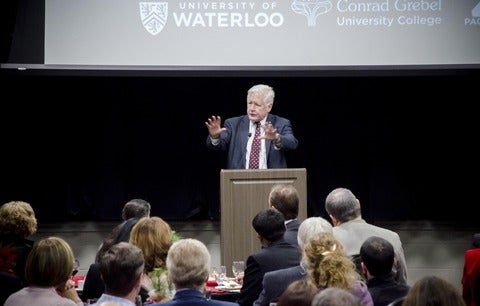
 In celebration of the 40th anniversary of Peace and Conflict Studies at the University of Waterloo, on April 20 Conrad Grebel University College hosted a sold-out gala dinner featuring the Honourable Bob Rae as keynote speaker.
In celebration of the 40th anniversary of Peace and Conflict Studies at the University of Waterloo, on April 20 Conrad Grebel University College hosted a sold-out gala dinner featuring the Honourable Bob Rae as keynote speaker.